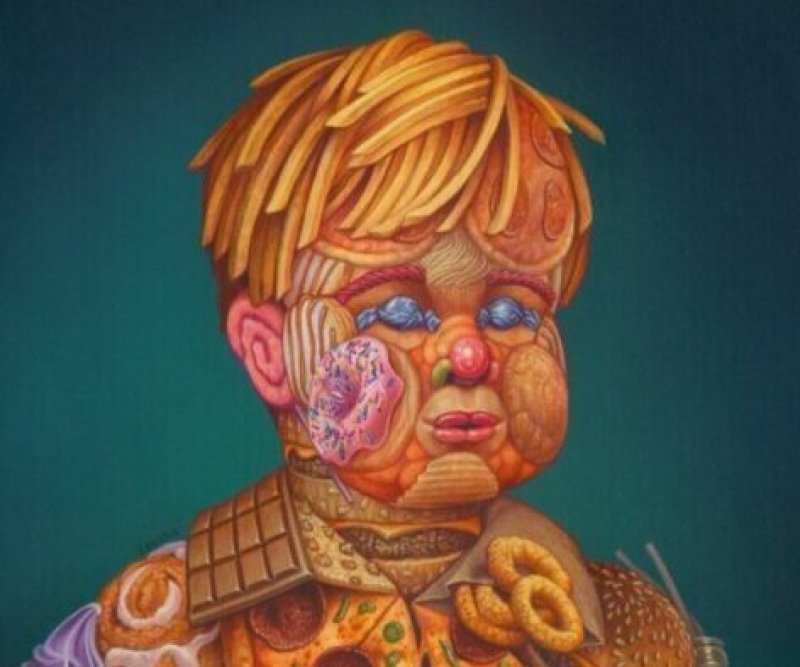The usual way of thinking considers obesity a problem of energy balance. Take in more calories than you expend—in other words, “overeat”—and weight gain will inevitably result. The simple solution, according to the prevailing Energy Balance Model (EBM), is to eat less and move more.
The Carbohydrate-Insulin Model (CIM), an alternative obesity paradigm considered in our Perspective, makes a bold claim: we’ve had it backwards all along! Overeating doesn’t cause obesity; rather, increasing body fatness—resulting from the effects of diet on hormones and metabolism—drives overeating.
The processed, rapidly digestible carbohydrates that flooded the food supply during the low-fat diet craze (think Fat-Free Snackwells Cookies) have raised insulin and suppressed glucagon levels.
…
The brain responds by increasing hunger in an attempt to solve this “energy crisis”—driving us to consume extra calories to replace those being diverted into fat tissue. If we try to resist hunger, and cut back calories, energy expenditure (calorie burn) may slow down, explaining why so few people succeed on low-calorie diets over the long term. Eventually, biology trumps willpower.
































